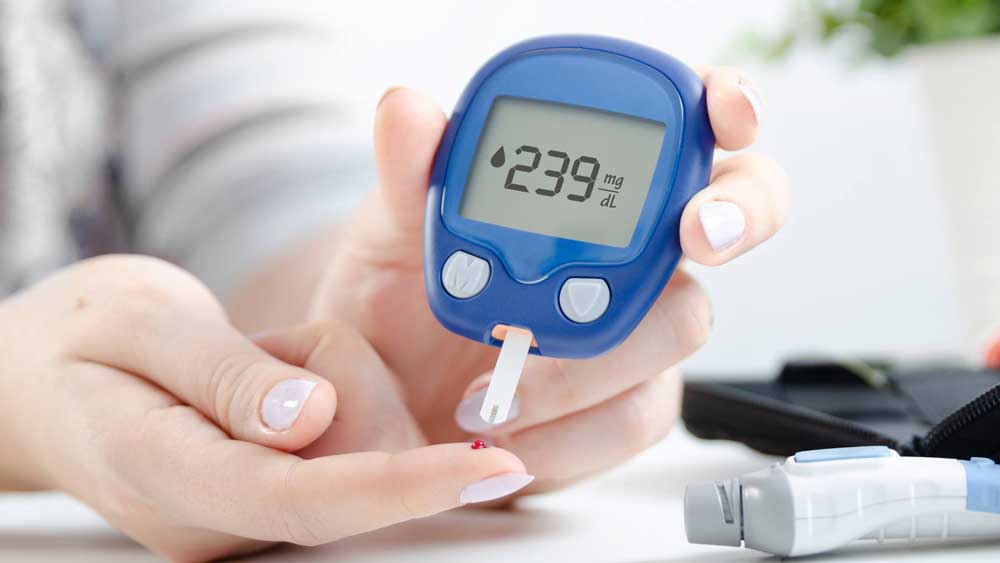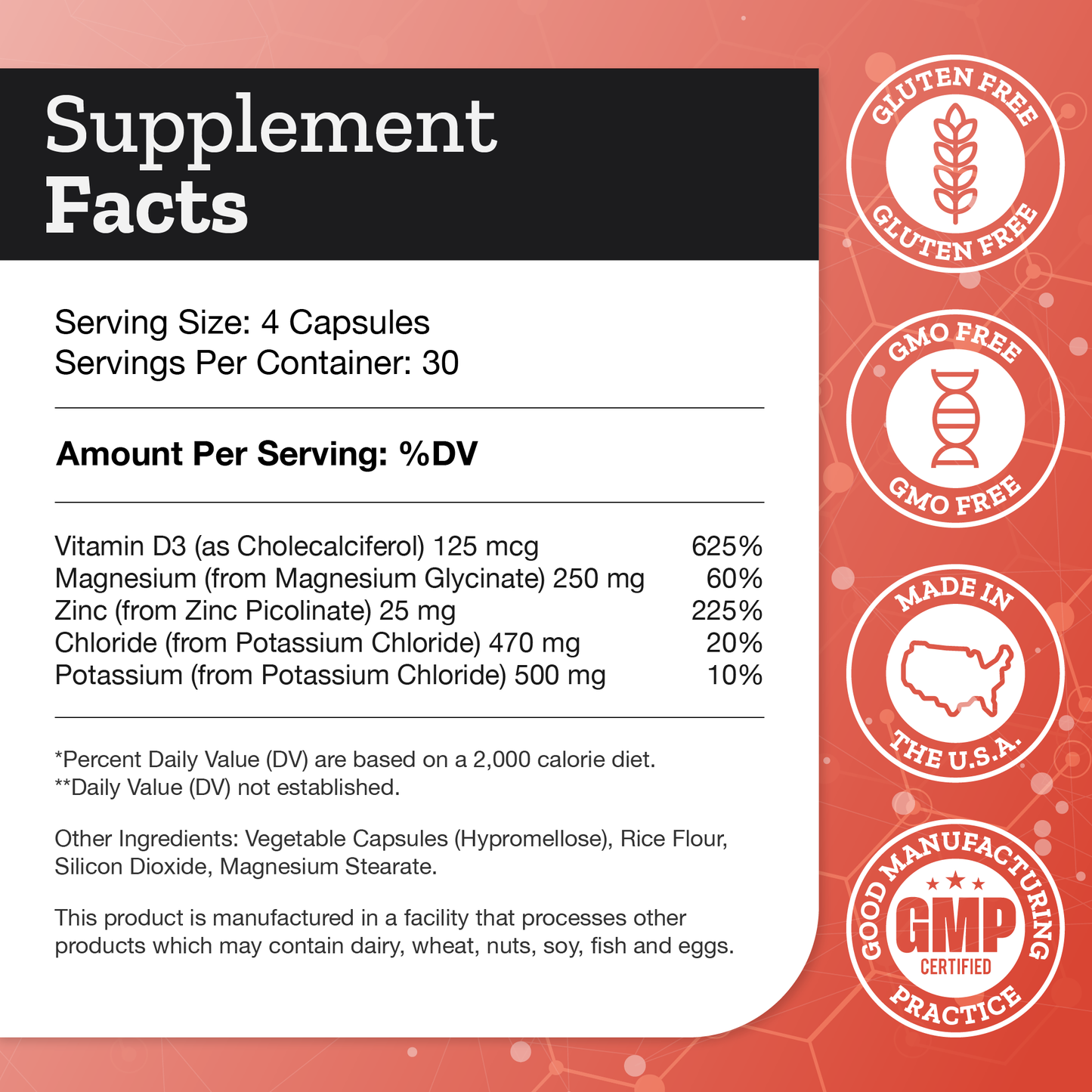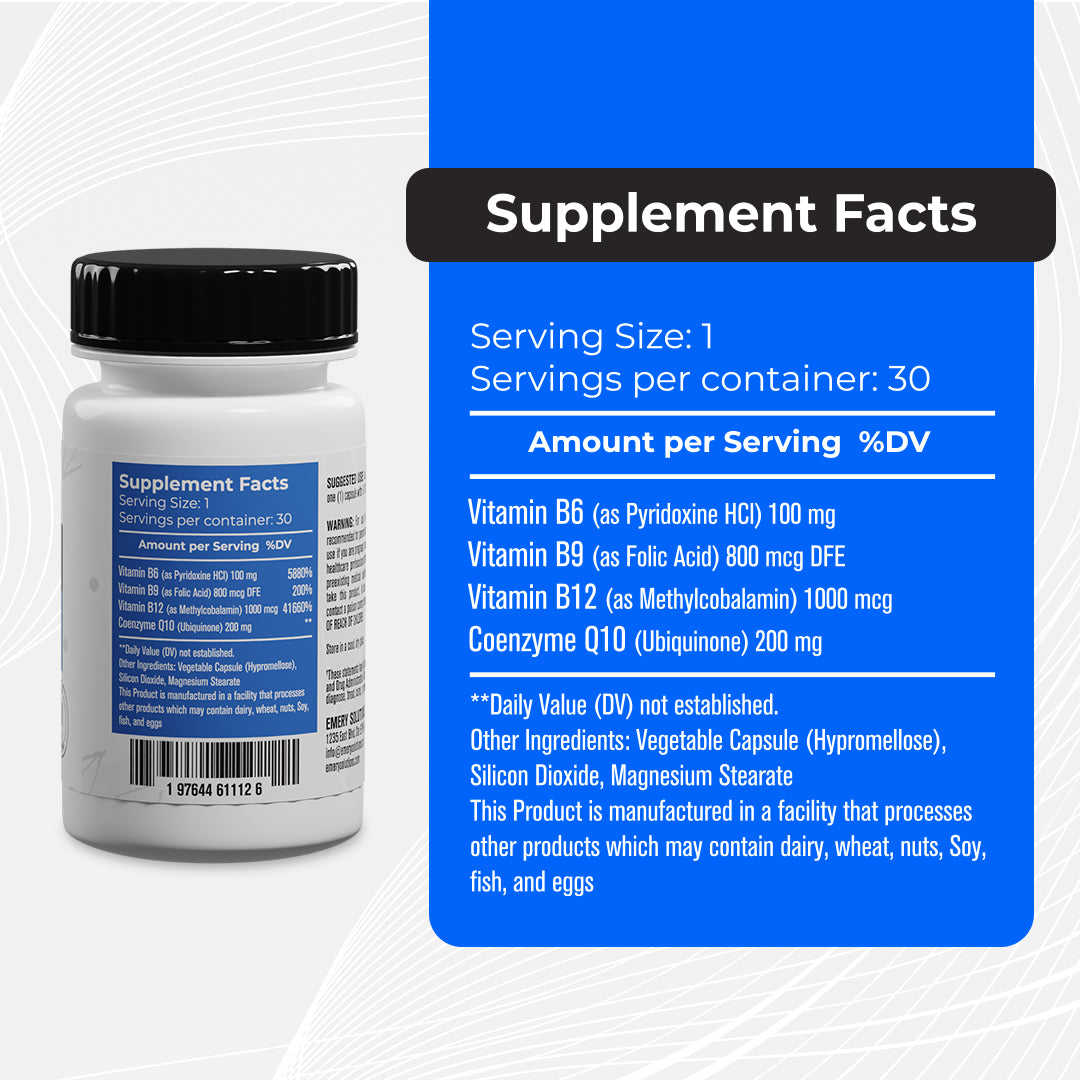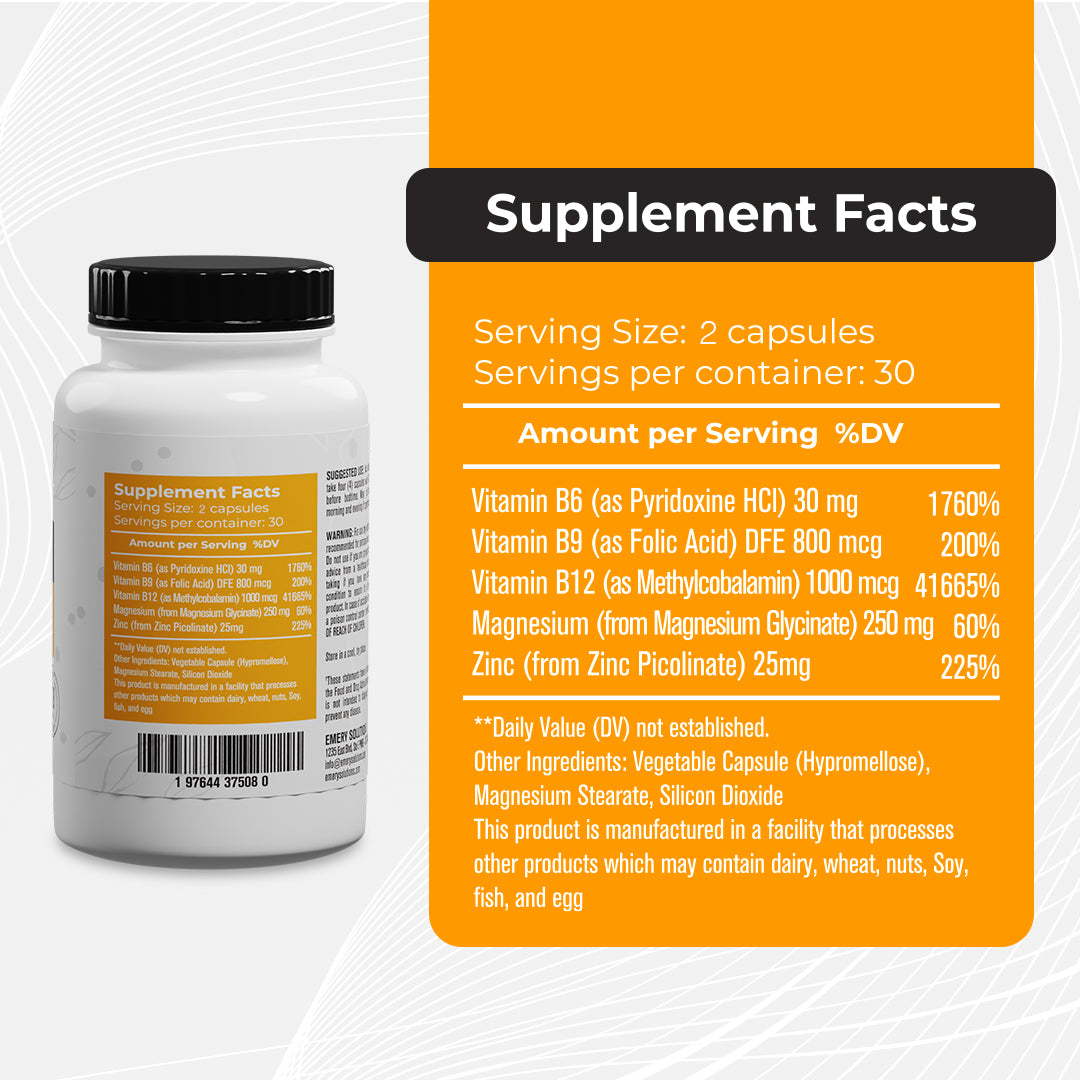

Here’s a question I often hear, and it’s an important one: “What blood sugar level is dangerous?” Understanding this can make a significant difference in managing your health and preventing complications, so let’s break it down.
What Blood Sugar Levels are Dangerous?
Dangerously High Blood Sugar (Hyperglycemia):
- Consistently above 180 mg/dL one to two hours after meals can be concerning.
- Above 240 mg/dL is dangerous and may require immediate medical attention.
- You might notice symptoms like increased thirst, frequent trips to the bathroom, feeling really tired, headaches, and even blurred vision. In more serious cases, there’s something called diabetic ketoacidosis (DKA), which is a medical emergency. It comes with rapid breathing, confusion, and a fruity smell on the breath.
Dangerously Low Blood Sugar (Hypoglycemia):
- Below 70 mg/dL is considered low and requires prompt treatment.
- Below 54 mg/dL is dangerous and needs immediate action.
- Symptoms include dizziness, sweating, confusion, irritability, shakiness, and in severe cases, seizures, loss of consciousness, and even death if not treated promptly.
Understanding Blood Sugar Levels
Blood sugar, or glucose, is the main sugar found in your blood. It comes from the food you eat and is your body's primary source of energy. Maintaining normal blood sugar levels is crucial for your health and can prevent a range of complications.
Normal Blood Sugar Levels:
- Fasting blood sugar (before eating): 80-130 mg/dL
- Postprandial blood sugar (2 hours after eating): Less than 180 mg/dL
Factors Affecting Blood Sugar
1. Diet and Nutrition:
- Carbohydrates like bread, rice, and potatoes have the biggest impact on blood sugar. Foods high in refined sugars and carbs can cause sharp spikes in blood sugar.
- Protein and fat also play a role by slowing the digestion of carbs, which helps prevent sudden blood sugar spikes. This is why the keto diet, which focuses on higher protein and fat intake while significantly reducing carbs, is effective for helping people with diabetes manage blood sugar and A1c levels.
2. Physical Activity:
- Regular exercise improves your body’s ability to use insulin, which helps lower blood sugar levels more effectively. Physical activity increases insulin sensitivity, meaning your muscles can absorb glucose more easily during and after exercise. This helps to reduce blood sugar levels and can even decrease the need for medication in some cases.
- Both aerobic exercises like walking or swimming and resistance training, such as weightlifting, can be beneficial in managing blood sugar.
3. Stress Levels:
- Stress can raise your blood sugar levels because when you’re stressed, your body releases hormones like cortisol and adrenaline, which tell your liver to release stored glucose into your bloodstream. Basically, your body is prepping for a “fight or flight” response, giving you extra energy. But if you’re constantly stressed, those cortisol levels stay up, which can keep your blood sugar elevated over time.
4. Sleep Quality:
- Poor sleep can mess with your insulin sensitivity and blood sugar levels. Even missing out on a good night’s sleep can make your body more resistant to insulin, leading to higher blood sugar. Over time, lack of sleep has even been linked to a higher risk of developing diabetes. So, if you needed another reason to prioritize your beauty rest—here it is!

Tips for Managing Blood Sugar
1. Regular Monitoring:
- Use a glucometer to keep track of your blood sugar levels.
- Regular monitoring helps you understand how different foods and activities affect your blood sugar.
2. Balanced Diet:
- Prioritize low glycemic index (GI) foods like whole grains, legumes, veggies, and fruits to help keep your blood sugar steady.
- Make sure to include lean proteins and healthy fats, as they help stabilize blood sugar.
- Personally, I can’t recommend the Mediterranean diet enough—it’s a favorite in the Emery household for managing blood sugar!
3. Regular Physical Activity:
- Aim for at least 150 minutes of moderate exercise each week, like brisk walking, cycling, or swimming. If 30 minutes a day feels like too much, split it up—try 15 minutes in the morning and another 15 in the evening.
- Don’t forget strength training! Building muscle improves both your insulin sensitivity and overall health.
4. Stress Management:
- Practice relaxation techniques like yoga, meditation, or deep breathing exercises to help manage stress.
- Prioritize a good work-life balance and make time for hobbies and social activities. Trust me, I get it—it can be tough, but putting yourself first is key to your overall health and well-being!
Introducing Our Blood Sugar Management Product
I’m thrilled to introduce Dr. Emery's Blood Sugar Support, a game-changing supplement crafted to help replenish vital nutrients often depleted by diabetes medications. This supplement is specifically designed to support you in managing your blood sugar levels more effectively.
Dr. Emery's Blood Sugar Support is formulated with a blend of powerful ingredients, including:
- Vitamin B6: Supports energy metabolism and overall metabolic health.
- Vitamin B12: Vital for nerve health and energy production, and helps in maintaining healthy blood sugar levels.
- Vitamin B9 (Folate): Important for cell division and the synthesis of DNA, folate also plays a role in regulating blood sugar.
- CoQ10: An antioxidant that supports cellular energy production and may enhance insulin sensitivity. CoQ10 is also known for its ability to alleviate muscle aches that can be associated with the use of statin medications.
Why Choose Dr. Emery's Blood Sugar Support?
- Effective: Formulated with scientifically-backed ingredients at therapeutic doses, designed to replenish key nutrients depleted by medications and work synergistically to support your health.
- Natural: Made with high-quality, natural ingredients.
- Convenient: Easy to incorporate into your daily routine. Its just one capsule each morning!
Success Stories:
Many of our customers have experienced significant improvements in their blood sugar levels and overall well-being. Here’s what one of them had to say:
"This product is amazing! I started taking it to help with nausea and other symptoms from weight loss medication and it has been nothing short of phenomenal. I have had no nausea and no other symptoms and I have so much energy thanks to this supplement! I delayed a purchase last month for almost 2 weeks and I could really tell a difference in the way I felt each day, my energy level tanked, and I had no motivation. I know for sure I won’t do that again, this supplement is absolutely worth it! I recommend 1000%!!!!" -- Sarah H.
Take Control of Your Health
Understanding which blood sugar levels are dangerous and how to effectively manage them is essential for maintaining your health and preventing serious long-term complications. By focusing on a balanced diet, regular physical activity, stress management, and consistent monitoring, you can take control of your well-being.
For added support, I recommend trying Dr. Emery's Blood Sugar Support. Formulated to naturally replenish nutrients lost due to diabetes medications, it’s an effective way to help manage your blood sugar levels. To learn more and place an order, visit our website today.
References:
- Hyperglycemia (High Blood Glucose) Causes and Treatment https://www.endocrine.org/patient-engagement/endocrine-library/hyperglycemia
- Hypoglycemia (Low Blood Sugar) Symptoms and Treatment https://www.mayoclinic.org/diseases-conditions/hypoglycemia/symptoms-causes/syc-20373685
- Exercise and Blood Sugar Management: How Physical Activity Affects Insulin Sensitivity https://www.webmd.com/diabetes/exercise-guidelines
- Exercise and Blood Sugar Control https://diabetes.org/health-wellness/fitness
- Managing Blood Sugar: Tips and Strategies https://www.niddk.nih.gov/health-information/diabetes/overview/managing-diabetes
← Older post Newer post →






